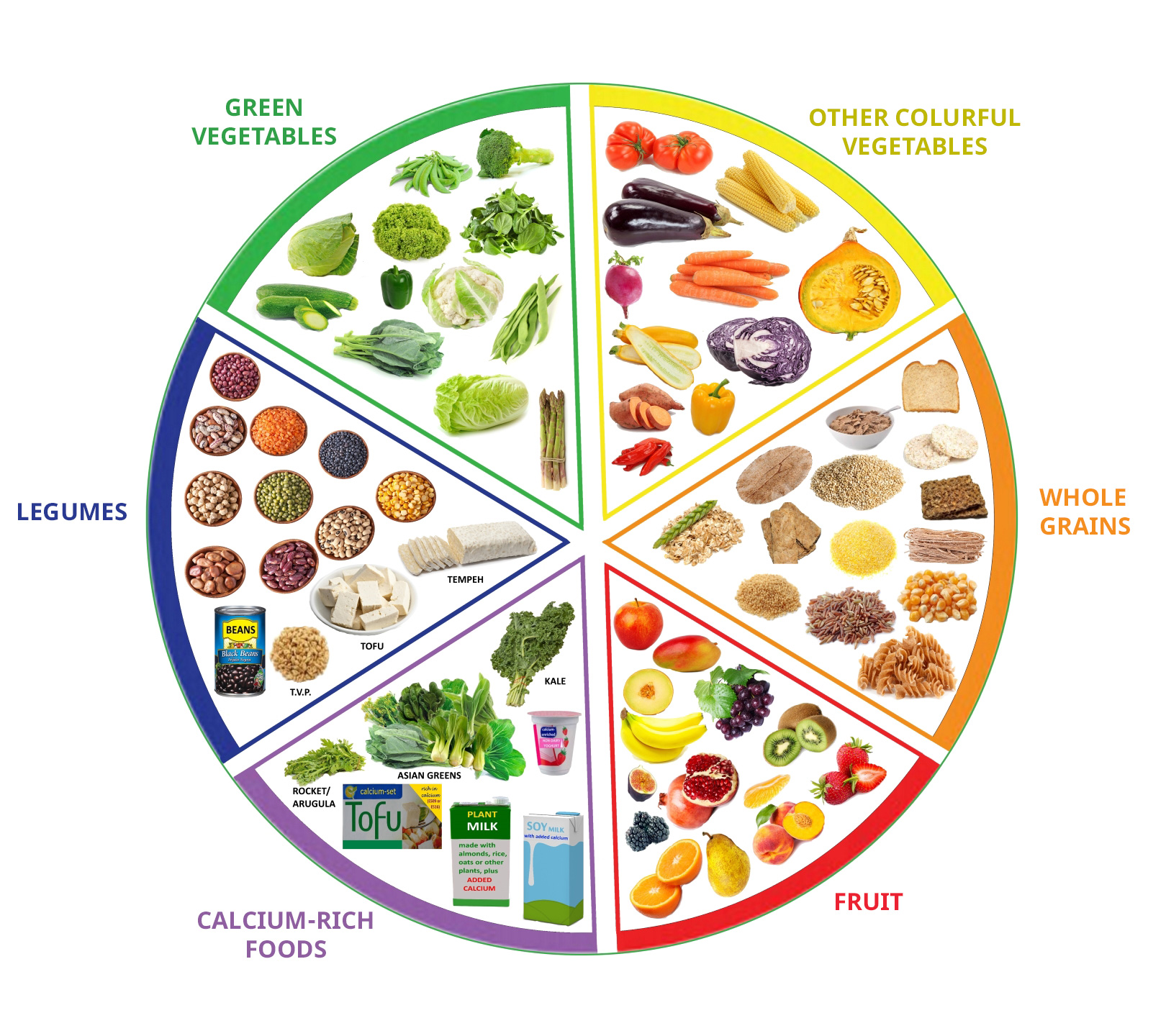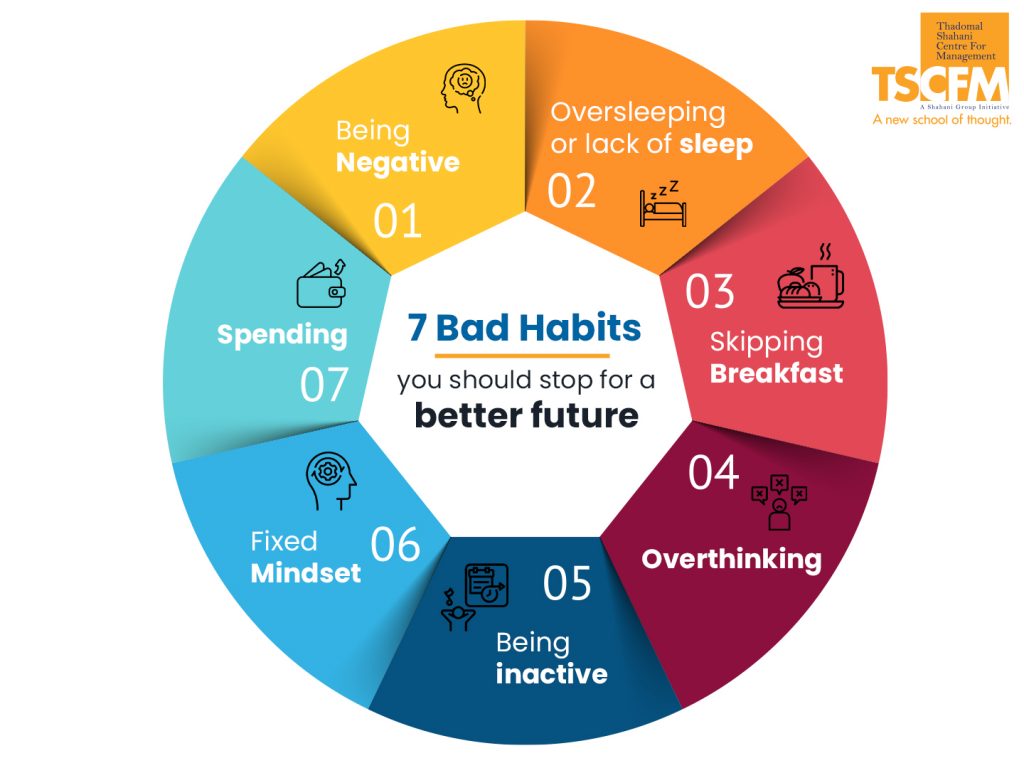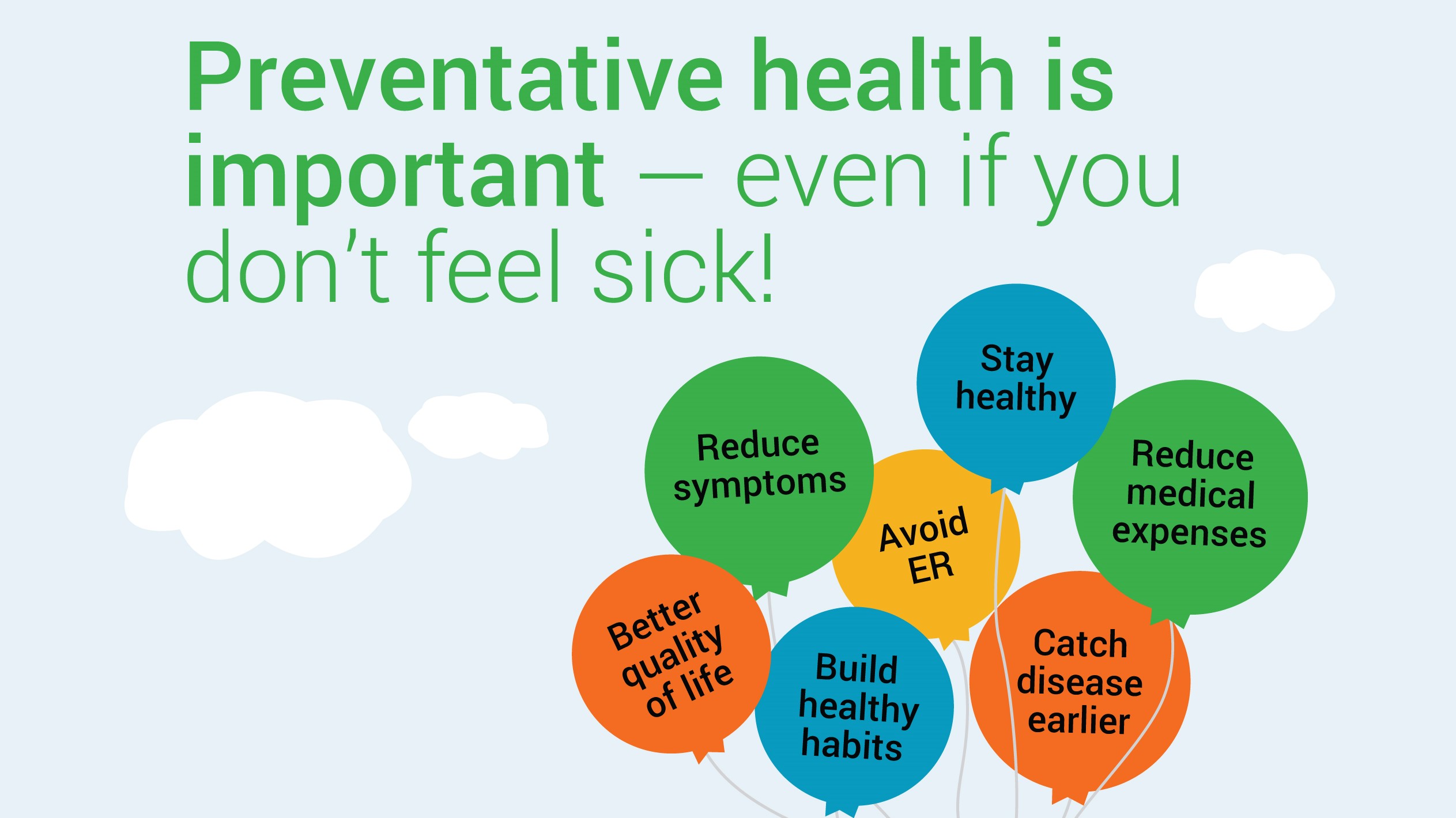Living a healthy lifestyle is essential for maintaining both physical and mental well-being. Adopting healthy habits can help prevent chronic diseases, boost energy levels, and improve overall quality of life. This article explores various aspects of a healthy lifestyle and provides practical tips to help you achieve and maintain optimal health.
1. Balanced Diet
A balanced diet is the cornerstone of a healthy lifestyle. Consuming a variety of nutrient-dense foods ensures that your body receives the essential vitamins and minerals it needs to function properly. Include plenty of fruits, vegetables, whole grains, lean proteins, and healthy fats in your diet. Avoid excessive consumption of processed foods, sugar, and unhealthy fats. Planning meals ahead, cooking at home, and mindful eating are effective strategies to maintain a balanced diet.
2. Regular Exercise
Regular physical activity is crucial for maintaining a healthy weight, strengthening muscles and bones, and improving cardiovascular health. Aim for at least 150 minutes of moderate aerobic activity or 75 minutes of vigorous activity each week, along with muscle-strengthening exercises on two or more days a week. Activities such as walking, cycling, swimming, and yoga can be easily incorporated into your routine. Remember to start slow and gradually increase the intensity and duration of your workouts.
3. Adequate Sleep
Sleep plays a vital role in maintaining overall health. Adults should aim for 7-9 hours of sleep per night. Sleep deprivation can lead to a range of health issues, including weakened immunity, weight gain, and impaired cognitive function. Establishing a regular sleep schedule, creating a comfortable sleep environment, and avoiding screens before bedtime can help improve sleep quality.
4. Mental Health
Mental health is as important as physical health. Managing stress through activities like mindfulness, meditation, and pursuing hobbies can significantly improve mental well-being. Staying connected with loved ones, seeking support when needed, and maintaining a positive outlook are also essential for mental health. Remember that it's okay to seek professional help if you're struggling with mental health issues.
5. Hydration
Staying hydrated is crucial for maintaining bodily functions, regulating temperature, and flushing out toxins. The recommended daily water intake varies based on factors such as age, sex, and activity level, but a general guideline is to drink at least 8 glasses (64 ounces) of water per day. Signs of dehydration include dark urine, fatigue, dizziness, and confusion. Carrying a water bottle and setting reminders to drink water can help you stay hydrated throughout the day.
6. Avoiding Harmful Habits
Avoiding harmful habits like smoking, excessive alcohol consumption, and drug use is essential for a healthy lifestyle. Smoking is a leading cause of preventable diseases and premature death, while excessive alcohol intake can lead to liver disease, addiction, and other health problems. Seek support from friends, family, or professional programs to quit or reduce these habits.
7. Preventive Health Care
Regular check-ups and screenings are crucial for early detection and prevention of diseases. Vaccinations protect against various infections and contribute to overall public health. Stay informed about the recommended screenings and vaccinations for your age and health status. Health education and awareness empower individuals to make informed decisions about their health and well-being.
Conclusion
Adopting a healthy lifestyle involves making conscious choices to nourish your body and mind. By following a balanced diet, staying active, getting adequate sleep, managing stress, staying hydrated, avoiding harmful habits, and seeking preventive health care, you can significantly improve your overall health and quality of life. Remember, small changes can make a big difference, and it's never too late to start living a healthier life.







Comments
Post a Comment